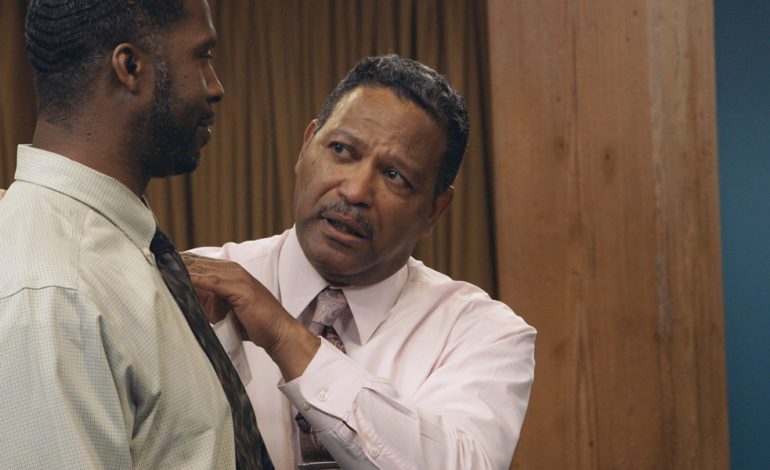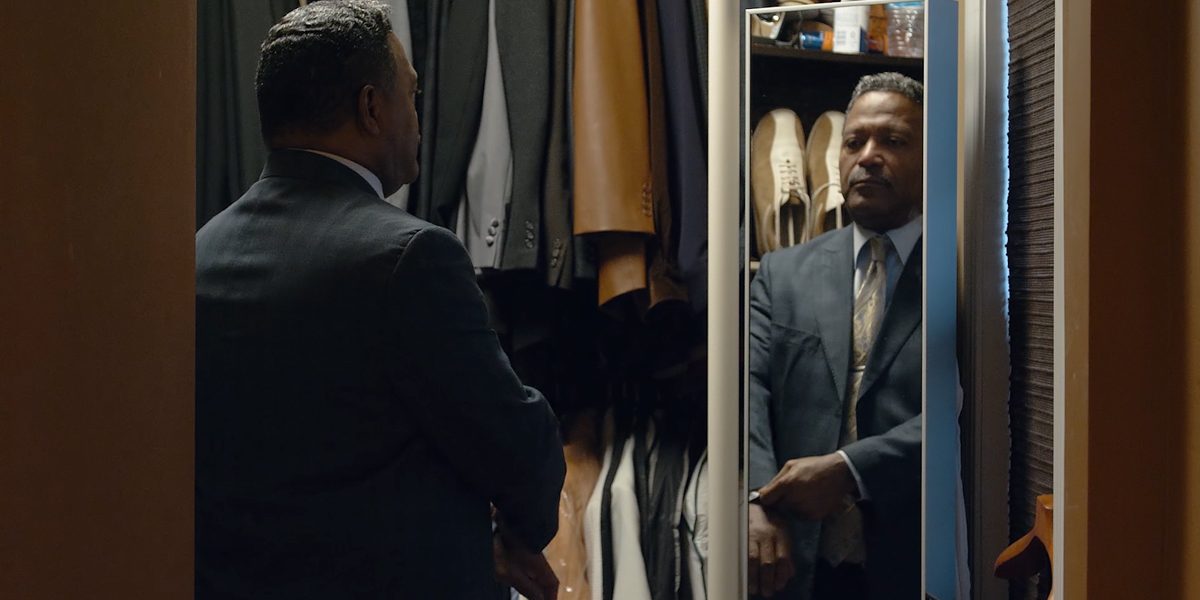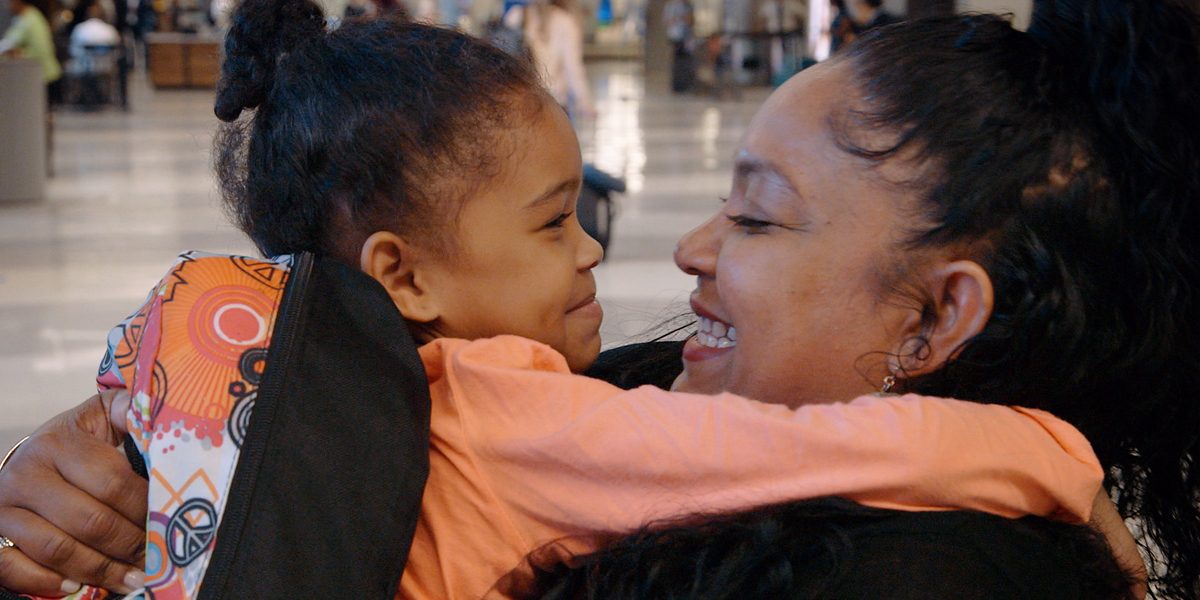

The Road Up is a fitting documentary for our unique moment in American history. As the COVID pandemic continues to ravage the country, shuttering business and taking lives, and a rapidly approaching presidential election seems to be rubbing salt in the wounds of division rather than healing them, it’s easy to feel hopeless. The Road Up challenges that feeling by focusing on a business that sells hope. Not an overly idealized version of hope that requires big, systemic change, or a sugarcoated fantasy that deludes people into believing the impossible. Instead, it offers an individualized vision of hope, a hope that things can get better if you believe in yourself and are willing to put in the work. Not everyone can do that, and this brand of hope will be fleeting for many. But for some, it can be a life changing experience.


The Road Up chronicles Cara in Chicago, a job training and placement program for people who have difficulty finding employment, such as recovering drug addicts, ex-convicts, and the homeless. In particular, it follows Jesse Teverbaugh, the Director of Student Affairs for the organization, who runs a series of workshops called “Transformations,” which are essentially boot camps for new enrollees. Jesse is the perfect person to lead these sessions. A gifted speaker, compassionate mentor, and tough coach, Jesse is the perfect person to lead these sessions. Blending elements of traditional job training, motivational self-help seminars, and psychotherapy sessions, the Transformations offer a holistic approach to employment that goes beyond simple job training and fosters a sense of personal responsibility and growth for people who are at deeply low points in their lives. Kristen had dreams of working in the music business, but got hooked on heroin and ended up in jail. Clarence worked hard to take care of his family, doing everything a good husband is supposed to do, but lost his sense of self and turned to the streets. Alisa, a mother from Trindad, got so far behind on child support she can’t go back home.
While these individuals all find themselves in extraordinarily difficult situations — situations that a lot of people will never fully recover from — part of what makes the film so powerful is that the lessons and tools Cara provide are simple, understandable, and can apply to just about anyone. In one of the first exercises the group undergoes, Jesse walks around pointing a mirror at the participants and asking them what they see. The answers are typically self-flagellating – people see losers, failures, bad people who ruined their lives and drove their families apart. It’s an intense experience that already has at least one woman fighting back tears in her first week. The point of the exercise, however, is an inspiring one: what you see is not who you are. You have to own your mistakes, but they do not define you. Whatever you did to screw things up and wind up in this room, you are still a good person who deserves the best that life has to offer. This is one of the most central tenets of the program, alongside ideas of self-respect, responsibility, and dedication. These ideas are broad enough that they could help anyone beating themselves up for their past mistakes, big or small, and are always inspiring to hear, no matter your circumstances.


Of course, picking yourself up from such a low place is incredibly difficult, and another of the film’s greatest strengths is that it does not deny the sad reality that many people who are accepted into the Cara program will not end up making it in the real world. In one workshop, Jesse passes around a thick binder of his failure stories — emails he’s gotten about Cara students who didn’t show up for work, spent all days on their phones, or even assaulted coworkers. He points out that they weren’t bad people, they weren’t any different from anyone sitting in the room with him today. They lost their jobs because they didn’t follow through and take responsibility. Over the course of the film, we’ll see several more stories play out this way. Some will lose their jobs, others will lose privileges or even be ejected from the program entirely. As heartbreaking as it can be to watch, this warts-and-all presentation of the program makes the success stories feel all the more inspirational, and the work that Cara does to provide everyone with a fair shot at redemption all the more admirable.
Verdict: 5 out of 5 stars
The Road Up is a truly amazing documentary that manages to inspire without glossing over the harsh realities of life. Perfectly paced editing, beautiful cinematography, and a handful of deeply emotional personal stories come together to drive the central theme of the film home, which is that people on the fringes of society aren’t bad, they don’t have to be defined by their worst moments, and, most importantly, that you can do your part to help the ones that want to be helped. In a world where big change often seems perpetually out of reach, that’s a pretty good place to start.
